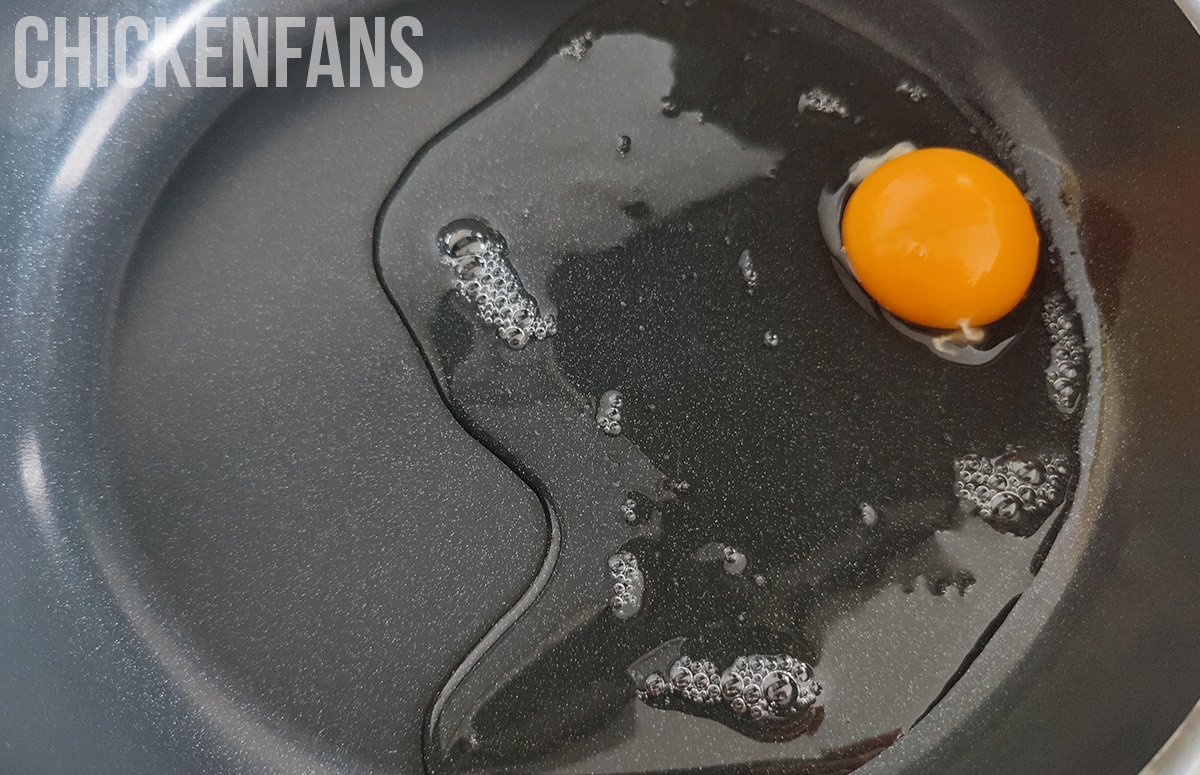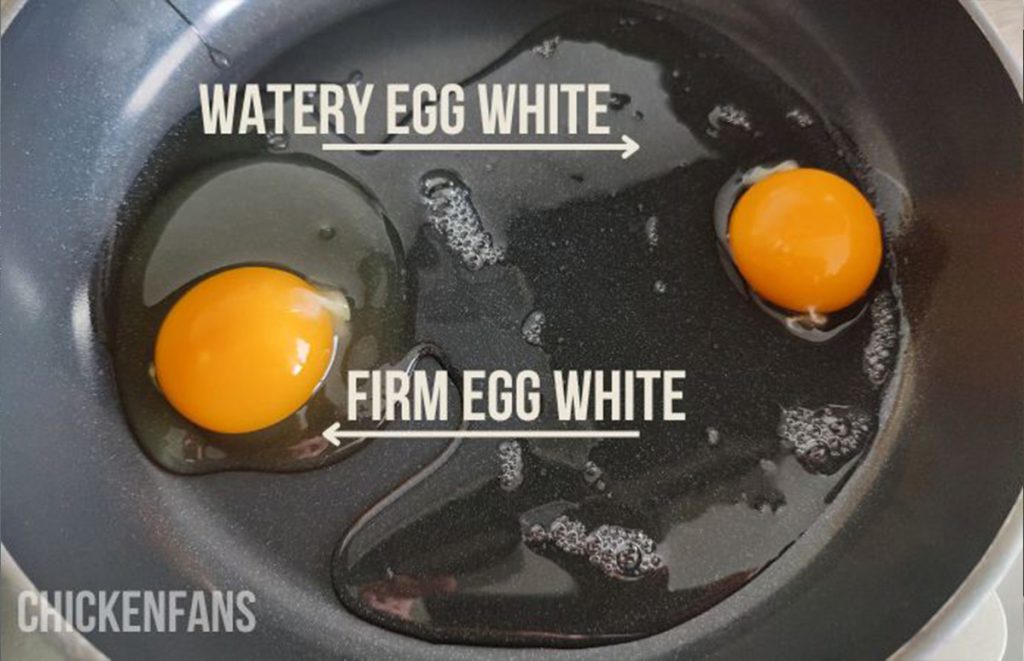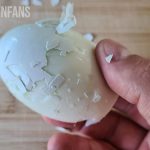Watery Egg Whites: Causes And Safe To Eat?

Under usual circumstances, the whites of fresh eggs are thick and robust. But occasionally, you might come across watery egg whites. This can be caused by numerous factors, like egg age, hen’s age, illnesses, or environmental conditions.
Let’s dive deeper into why egg whites can be watery and whether these eggs are safe to eat.
What is an Egg With Watery Egg Whites?
An egg with watery egg whites refers to the thinner consistency of the egg white, often observed in older eggs. It does not necessarily mean the egg is of bad quality or is unsafe to eat, but the thin consistency may affect some culinary uses, like whipping.
Are Watery Egg Whites Safe to Eat?
Yes, watery egg whites are safe to eat. They may not look as fresh as eggs with thick egg whites, but they are no sign of your eggs going bad. The nutritional value of the egg, and its taste, remain the same. Watery egg whites can, however, be a sign of illness, so check your hens when noticing this consistently.
The condition of watery egg whites is mainly due to natural aging and environmental factors rather than an indication of your flock being sick.

Causes of Watery Egg Whites
- Egg Age: The egg white tends to become more watery as eggs age. Very fresh eggs from your flock typically have thicker egg whites in comparison to store-bought eggs.
- Environmental Causes: Several environmental conditions contribute to watery egg whites. Examples are high levels of ammonia in the coop or an elevated temperature.
- Hen Age: As chickens age, the quality of their eggs, including the egg whites, declines. However, with the right diet and enough space, they will retain their golden-colored yolks and delicious-tasting eggs, despite the thinner egg whites.
- Illness: Some diseases like infectious bronchitis and egg drop syndrome can cause watery egg whites.
These causes are the most common reasons to have chickens that lay watery egg whites. But there are other, less common, causes that deserve mention too.
- Genetics: Some strains or breeds produce eggs with a thinner egg white than others.
- Nutrition: An imbalanced diet that lacks essential nutrients may impact the quality of the egg and potentially lead to watery whites.
- Egg Storage: Improper storage conditions or rough handling during egg collection may contribute to watery egg whites.
- Stress: Stress levels in laying hens can affect the egg quality.
Preventing Watery Egg Whites
It isn’t always possible to prevent your chickens from laying eggs with watery whites, but you can follow several measures to minimize it from happening.
- Control Temperature and Humidity: Make sure the temperature and humidity levels inside the coop remain optimal, especially during hot weather.
- Reduce Egg Storage Time: Minimize the time between collecting the eggs and consumption.
- Provide Ventilation: Adequate ventilation is necessary to control ammonia fumes inside the coop.
- Maintain a Young Flock: Or keep in mind that older hens will often lay eggs with watery whites, which doesn’t affect the quality of the egg.
- Balanced Nutrition: Provide quality feed and a well-balanced diet high in essential nutrients.
Watery egg whites are safe to eat, so there is no need to go out and about to prevent this from happening. However, watery whites can be challenging to use in certain recipes involving whisking and baking.
Summary
Watery egg whites are safe for human consumption. They occur due to aging of the egg, high temperatures, high ammonia levels in the coop, illnesses, and the hens’ age. While safe to eat, their consistency may be challenging in certain recipes.























